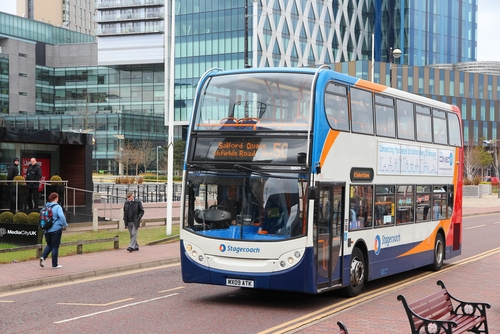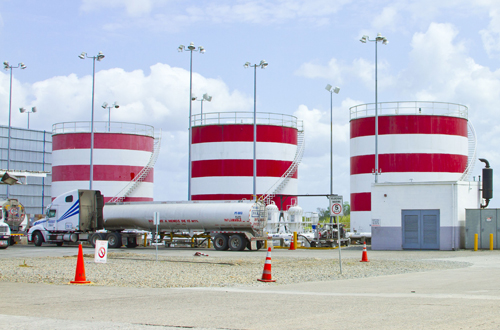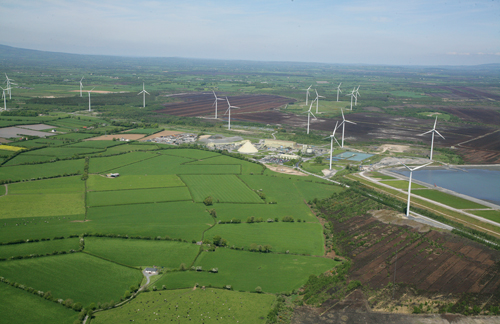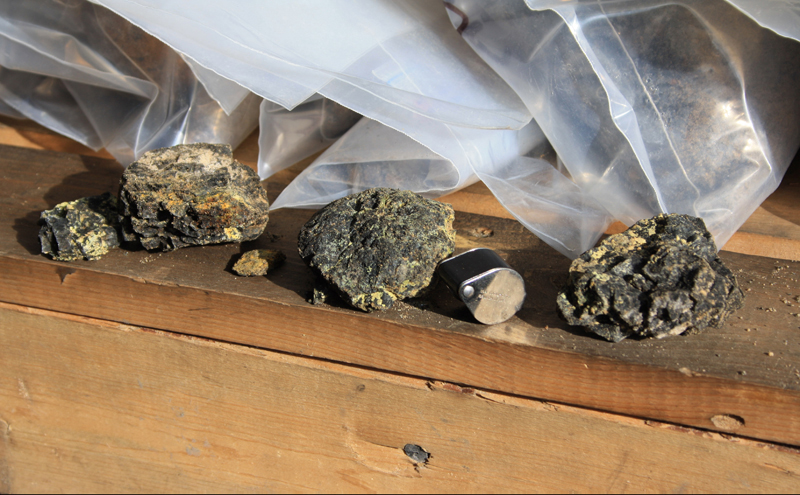
It was in 2011 that Range Resources entered into the oil market of Trinidad. A listed oil and gas exploration, development and production company already boasting interests in Puntland, Somalia, Texas, USA and the Republic of Georgia, Range’s arrival on the Caribbean’s southernmost island nation was instigated through the acquisition of 100 percent interest in three production licences, Morne Diablo, South Quarry and Beach Marcelle.



 RangeResources-Americas-Oil%20&%20Gas-Jan14-Bro-s.pdf
RangeResources-Americas-Oil%20&%20Gas-Jan14-Bro-s.pdf





